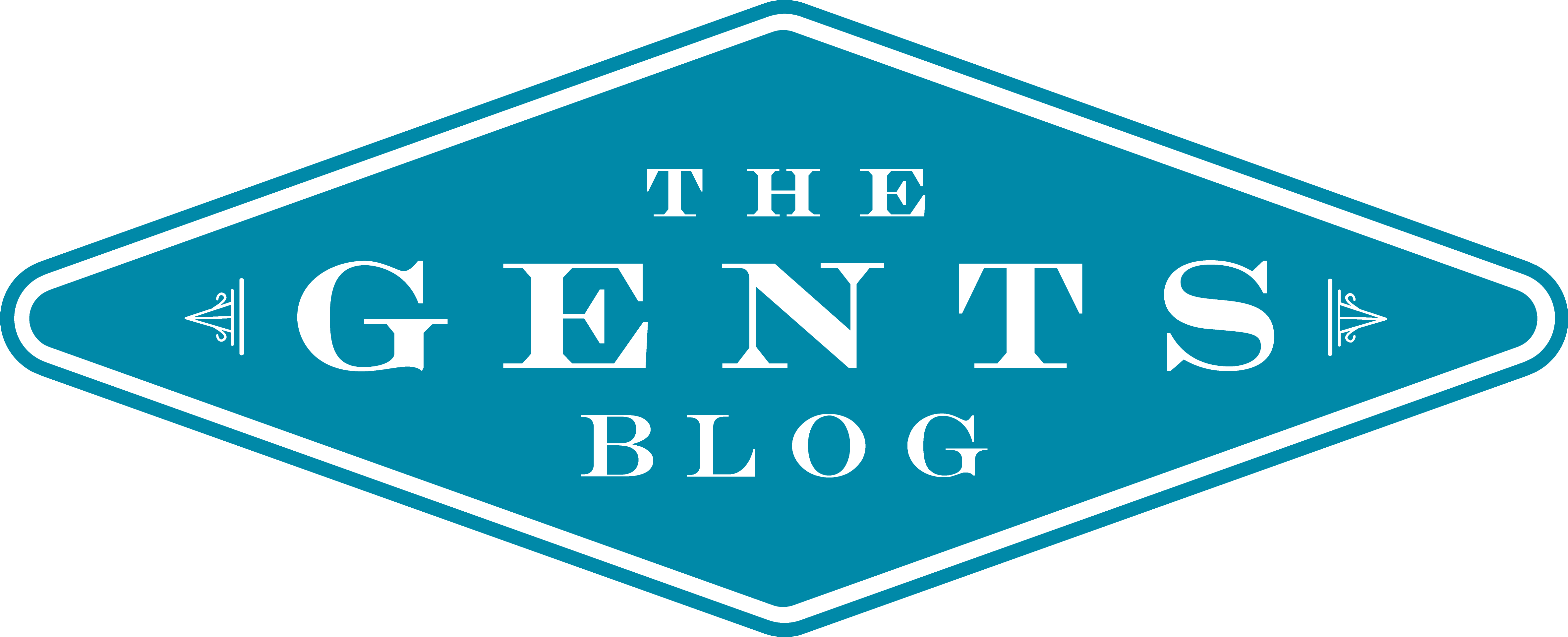This is another guest post from David Ford, who last wrote for us on beard maintenance basics.
Seems like anywhere you go online, there is a high chance you will run across an article about what has been abbreviated to S.H.T.F. Your mind might then go to people who living in a mountain cave wearing animal skins, thinking everyone is out to get them. Years ago, you might have watched an episode of Discovery Channel’s “Doomsday Preppers” and made some fun of “those people.”
But realistically, the SHTF community isn’t focused on the Zombie apocalypse or a giant asteroid hitting the planet. It’s about something “normal” taking a turn for the worst. Most people you meet who consider themselves preppers think more about an unexpected event or a crisis that will put your survival and self-reliability skills to the test.
When I think SHTF, I think more about natural, political, and economic disasters. One happened to me about 15 years ago, when my family living in the country was caught unprepared by a snowstorm and we were without power for several days compounded by impassable roads.
A responsible Gent should prepare for worst-case scenarios at every level. My family has grown our own produce in a small and modest 25 x 25 by garden for years. We have also developed a small network of like-minded neighbors that have similar gardens. We exchange ideas and talk about what each of us can grow for the year. We trade with one another for the things we need but didn’t grow. Over the years, I have learned valuable skills such as blacksmithing, metalwork, and carpentry that can be traded for things I may need in the future. Most recently, I spent this last summer learning to work with feral beehives and have a ready supply of honey that can be used or traded.
The value of these preparations can really pay off. For example, there are reports in the MSM that this Thanksgiving will be the most expensive holiday dinner the average American family will have. That won’t be my family’s experience: I traded a couple of hours of blacksmithing work for my pick of organic and free-range turkeys. I also traded some simple carpentry work for several bushels of apples collected in September from a nearby orchard: these were turned into apple pie filling and cider. Everything else, potatoes, green beans, and corn were grown in the garden. So, were the pumpkins that we made pumpkin pie filling from.
Let’s think briefly on some standard SHTF events.
Natural Disasters
Hurricane Sandy, Hurricane Katrina, or the tornadoes that menace the Midwest (like the one that hit Joplin, Missouri in 2011 or hit our Preston Hollow Club in 2019) are not theoretical disasters. We watched them unfold in front of us. The risk to life and limb is significant for people who live in areas subject to severe weather such as hurricanes, earthquakes, blizzards, volcanoes, or other weather events. Even if people and businesses survive the initial event, everything can be upset for weeks or months.
Pandemic
This is something we should all be familiar with. Who can forget the infamous toilet paper shortage of 2020? The possibility of a viral outbreak is always hanging over humanity like a dark specter, and it’s only a matter of time before the next bug mutates or jumps from animal to human. When a viral outbreak occurs and spreads to your city or town, are you prepared for an extended lockdown?
A “Grid-Down” Event
You don’t have to look as far back as 1859 and “The Carrington Event” to see what a natural disaster could do to the power grid. Just look at what happened to Texas during the spring of 2021 when they were hit with a massive cold front.
If our antiquated and overly-burdened grid went down, it would end modern life as we know it. Everything in our societies relies on electricity. Electricity keeps our food from spoiling and allows us to pump gas, get money out of A.T.M.S., and heat and cool our homes.
Financial Collapse
This is perhaps the most challenging SHTF event for which to prepare. Many people believe a financial collapse is already underway and that we never really fully recovered from the Great Recession of 2008. Any economic collapse in society can sink an economy quickly and result in stock market collapse. Banks would have to close because they do not keep enough money on hand to handle everyone wanting access to their liquid assets. The resulting panic, anger, and desperation would see massive hikes in the prices of everything from fuels to food.
Prepare
All of the above scenarios will require specific preparation. Keep in mind that there is no one-size-fits-all solution when preparing. Try and analyze the most likely threats based on your location, climate, living situation, and other factors. Someone living in the middle of Los Angeles or New York will be dealing with a very different threat than someone living in rural Iowa.
The good news is that some core readiness skills will see you through most threats to life and limb. Skills like fire-starting and management, improvised sheltering, navigations, basic first aid, and self-defense in tandem with a stash of food, water, water purification solutions, essential medicine, clothing, tools, and fire-starting equipment plus tinder will see you through most weather crises.
During a SHTF event, the curveballs and challenges will be coming at you hard and fast. While you are in the middle of it isn’t the time to try and learn or practice a new skill. With that being said, keep in mind that many of these are perishable skills. Meaning if you don’t practice them, eventually, you won’t be able to perform them adequately.
After you have gathered your essential gear and practiced the aforementioned basic survival skills, it’s time to deep-dive into your specific threats. If you are living in Tornado Alley, you need to know everything there is to know about your chances, the local response and early warning systems, and how much time you will have to react from the time those warning systems go off. Your first challenge will be surviving first contact. Mike Tyson once said, “Everyone has a plan until they get punched in the mouth.” In other words, make your plans and preparations adaptable and multi-use. Be ready to switch gears on the fly.
If you live in the shadow of severe unrest and violence in a major city (George Floyd?). You should become an expert on the simmering conflict: who are the players, why are they mad, what has local law enforcement’s response been, and where do you live in relation to areas of concern.
A good suggestion is to know every possible route to and from your residence. Consider the ideas of bugging in or staying fast versus bugging out and getting the heck out of Dodge.
Final Thoughts
When making your plans try not to get caught up in the unlikely and fantastic until you have prepared for the obvious and commonplace. In the end, if a SHTF event happens, you will ideally want to have a network of like-minded people you can trust to work with. People tend to survive better as a group than going it alone. We are, after all, social creatures (yes, even me), and this image of the rugged individualist surviving the apocalypse is populist fantasy.
In conclusion, SHTF doesn’t mean “certain death.” Understanding how one of these events is different from a simple everyday emergency is the key to preparing for and surviving them. These events can appear enormous and even insurmountable at first. Still, every event can be broken down into discrete phases and threats that are simple enough to plan against and prepare for.
Have you done some planning for these types of events? What are some tips you would offer?



